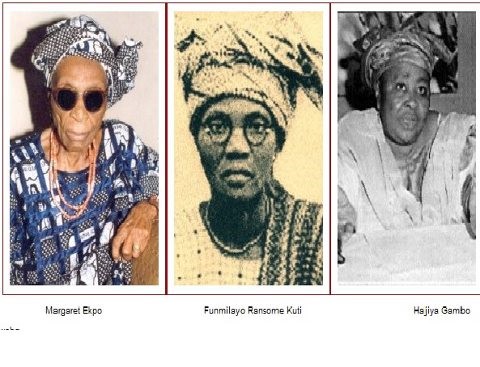The Nigerian story is a long history filled with acts of valour form men. We often forget that there were women who were shoulder-to-shoulder with these men during our pre-independence struggles. The Journal showcases three prominent female figures that help shape Nigeria.
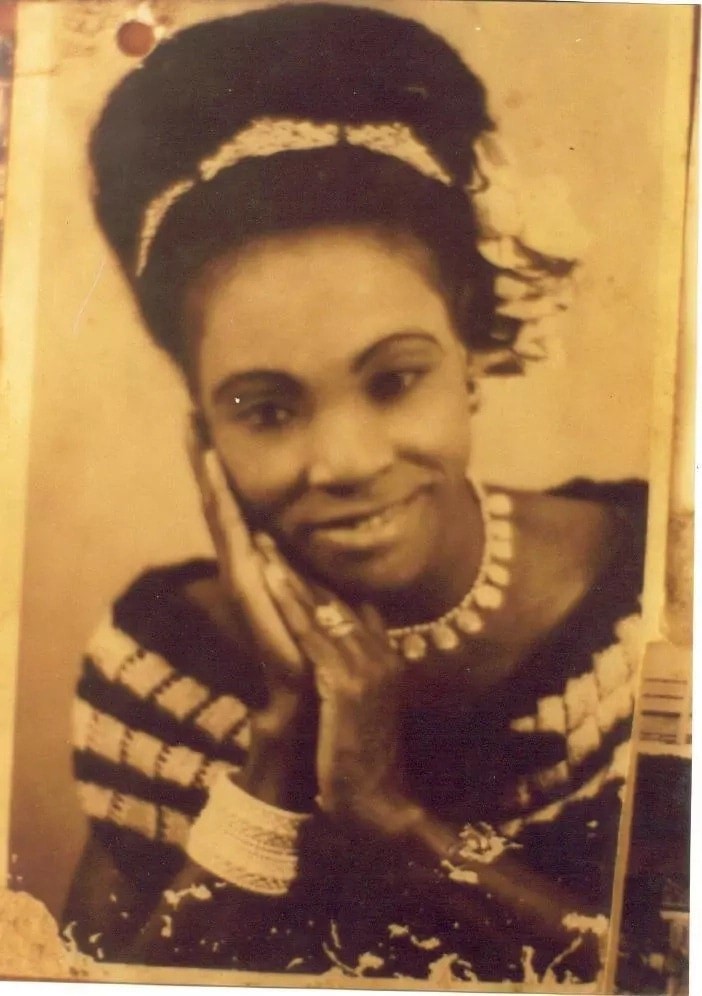
Margeret Ekpo
Margaret Ekpo (July 27, 1914 – September 21, 2006) Pioneer Female Political leader and activist. She was a member of the Eastern Regional House of Chiefs in 1954.
She played a role in politics in EasternNigeria in the First Republic when women were very few ina male-dominated arena. She was the leader of the Market Women Association in Aba, she used the Union to fight for socioeconomic concerns for women. In the 1950, she partnered with Funmilayo Ransome Kuti to protest the killing of workers who down tools at the Enugu Coal Mine.
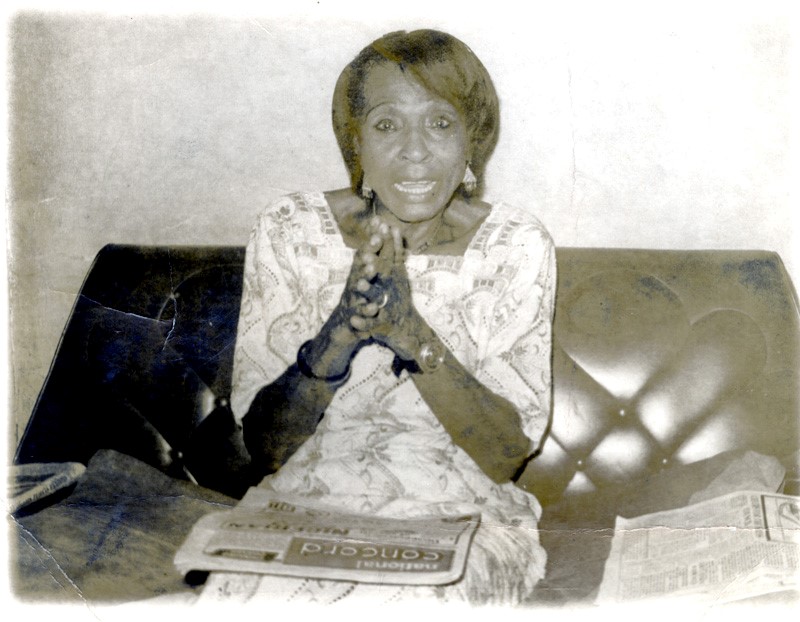
Funmilayo Ransome Kuti
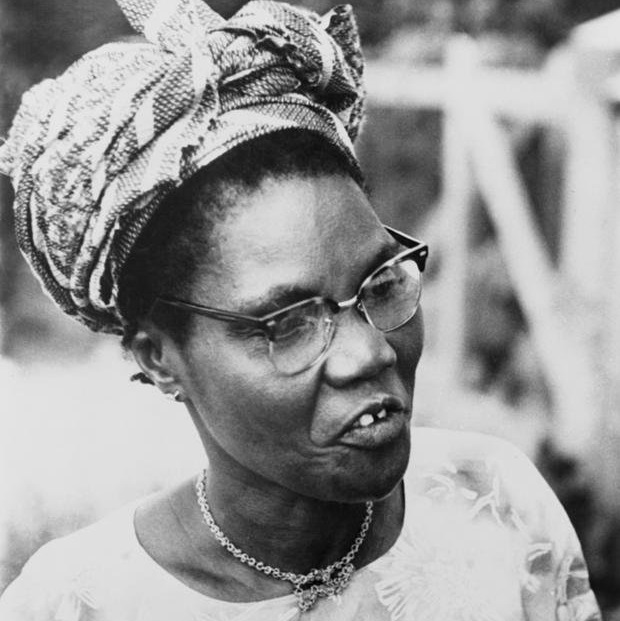
Chief Funmilayo Ransome-Kuti (25 October 1900 – 13 April 1978) was a Nigerian educator, women’s right activist and political campaigner. She was the founder of the Abeokuta Women’s Union,a group comprising of market women who fought unfair taxes, and forced the ruling Alake to relinquish his throne for a brief moment in the 1940’s. She is the winner of the Lenin Peace Price and a member of the Order of the Niger. Ransome-Kuti was the only woman involved the constitutional reforms of the Nigerian constitution put together under British Rule in 1947.
She was vocal on women’s liberation at home and abroad, in Britain and in China. She also helped foster a culture of charity work and vocational skills acquisition amongst middle class women through her Abeokuta Ladies Club. She is also the mother of the great musician, Fela Anikulapo Kuti, Beko Ransome Kuti, social activist, and Olikoye Ransome Kuti,former minister of health.
Hajiya Gambo Sawaba
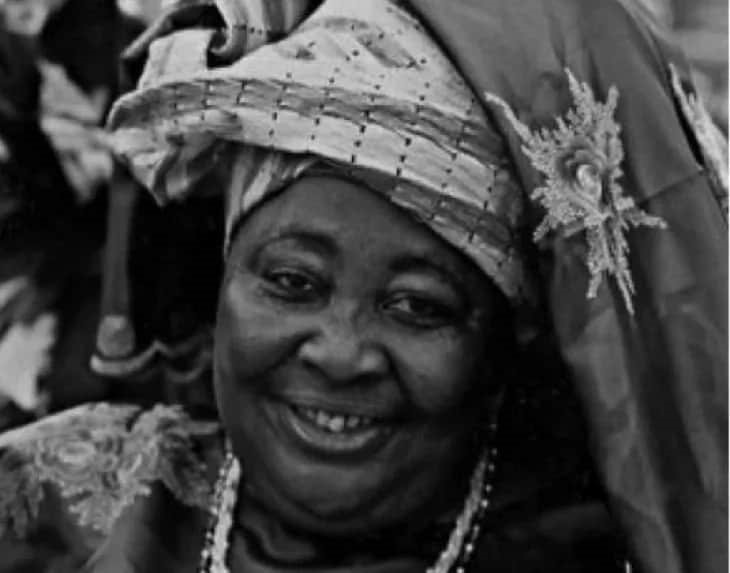
Hajiya Gambo Sawaba (15 February 1933-October 2001) was a human rights activist, politician and philanthropist. She was the deputy chairman of Great Nigeria People’s Party and was elected leader of the national women’s wing of Northern Element Progressive Union (NEPU) in the 1950’s.
Read Also: Women’s Day and World: So Near and So Far
Sawaba was a fiercely against underage marriages and forced labour. She advocated for Western Education in the North. She is known for spearheading women liberation in Northern Nigeria at a time when the political space was full of men.
